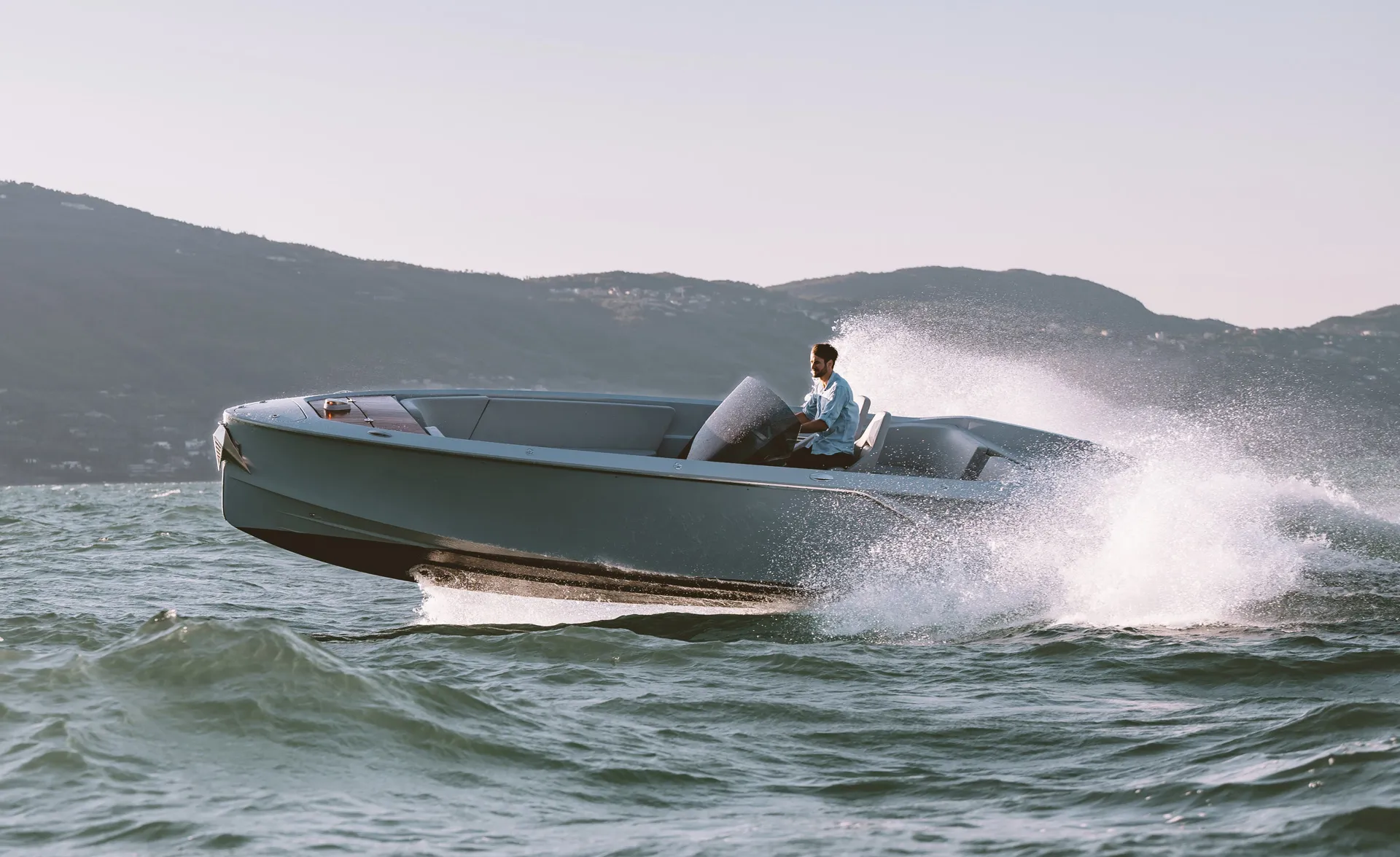Top 3 Common Mistakes That Shorten the Life of a Car
No matter how sturdy, reliable, and durable an item is, it will quickly fail if it isn’t used properly. Conversely, even items of poor quality can last a long time if they are treated with care.
To prolong the life of your car, you should stop making mistakes that shorten it. As a result, you spend cash not on things you enjoy, like betting via 20Bet or buying a new book, you pay for costly repairs. Some of them may seem trivial, but you don’t notice how you commit them.
Sharp Starts and Braking
Even at the first lessons in driving schools they teach that to start abruptly and brake at the last moment is the way to great fuel consumption and increased risk of accidents. What is spoken about less often is the accelerated aging of the car in such a case.
The matter is that abrupt start, especially with an unheated engine, causes temperature jump, which results in rapid expansion of metal. This, in turn, isn’t particularly good for the cylinder block, pistons, and other engine components.
As for the constant harsh braking, it causes rapid wear on the brake system, discs and tires. Thus you shorten the life of the pads and calipers. It’s worth braking early and slowly so that the pads don’t press in at the very last moment and overheat.
Lack of Regular Cleaning
It’s not a big deal, there is a little dirt on the car, especially in spring or autumn. It’s always slushy outside anyway, and it will soon get dirty again. Well, in that case, there’s no point in washing every day, because tomorrow you’ll be sweating anyway and you’ll have to get in the shower again.
The thing is, if you don’t wash your car regularly, dirt and debris will start to accumulate in the micro cracks. They will absorb moisture and expand, which will lead to a peeling of the paint coating and, consequently, to rusting. Besides, some types of contaminants will literally soak into the paintwork if exposed to the paintwork for a long time. As a result, the car will start to rust unnoticed, and after a while you will find a surprise in the form of blistered paint.
Exceeding Load Limits
Cars have an important characteristic, which is often not paid attention to – the maximum curb weight. It means the sum of the weights of the car itself, passengers, cargo, and all liquids.
In order not to affect the service life of the car, it is better not to reach this final figure and to have at least a hundred kilograms in reserve. If this figure is regularly exceeded, it will lead to tire damage, rapid brake wear and, of course, increased load on the suspension. In some cases with heavy overloads, you may notice how the shock absorbers with springs will “shoot out”, piercing the fenders and the hood.
Moreover, improper distribution of the load pressing on one of the axles leads to rapid wear of the undercarriage. In this case, the wear is even faster, and it may happen so that the struts simply can’t hold and the car will either sit on the back or on the hood.





